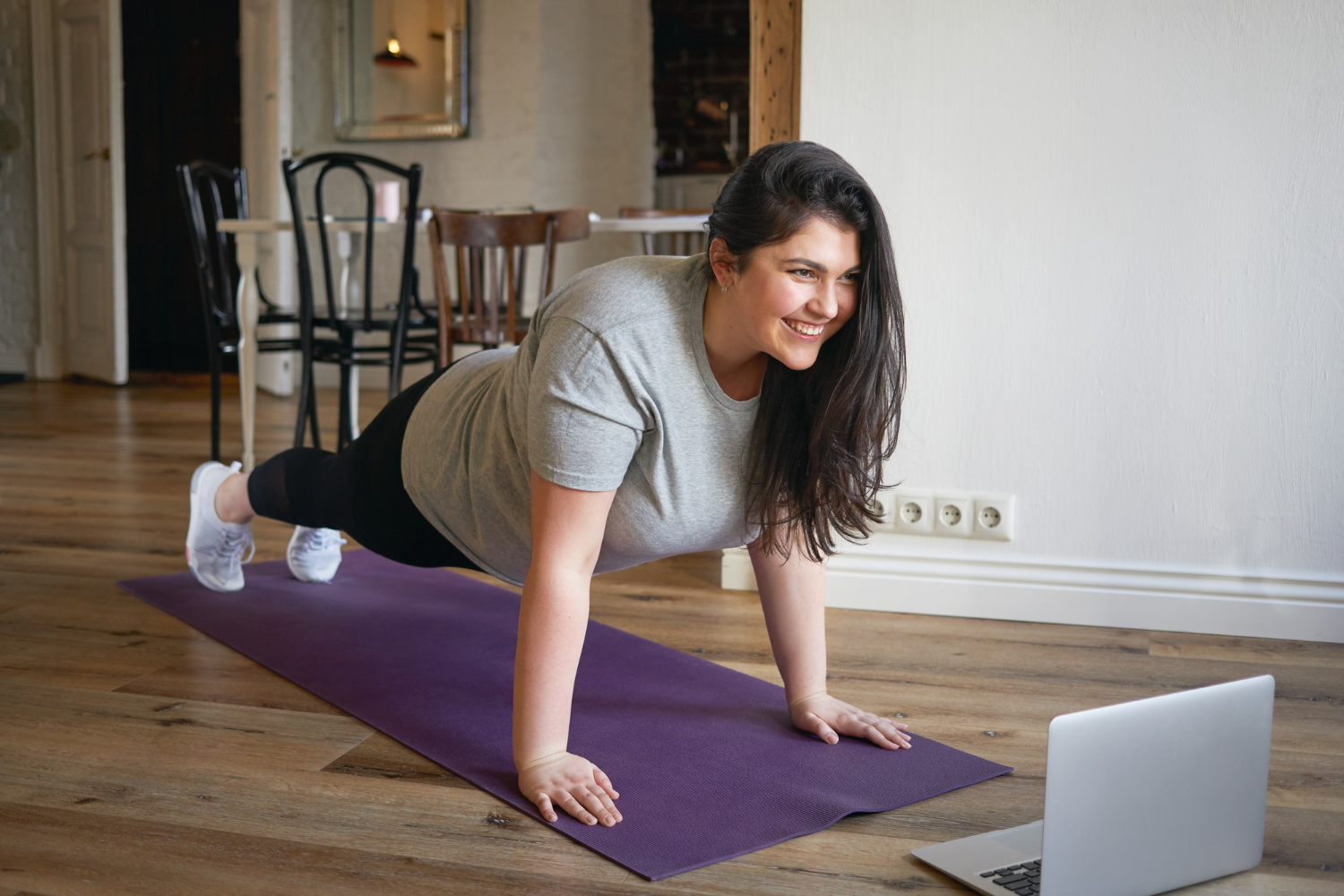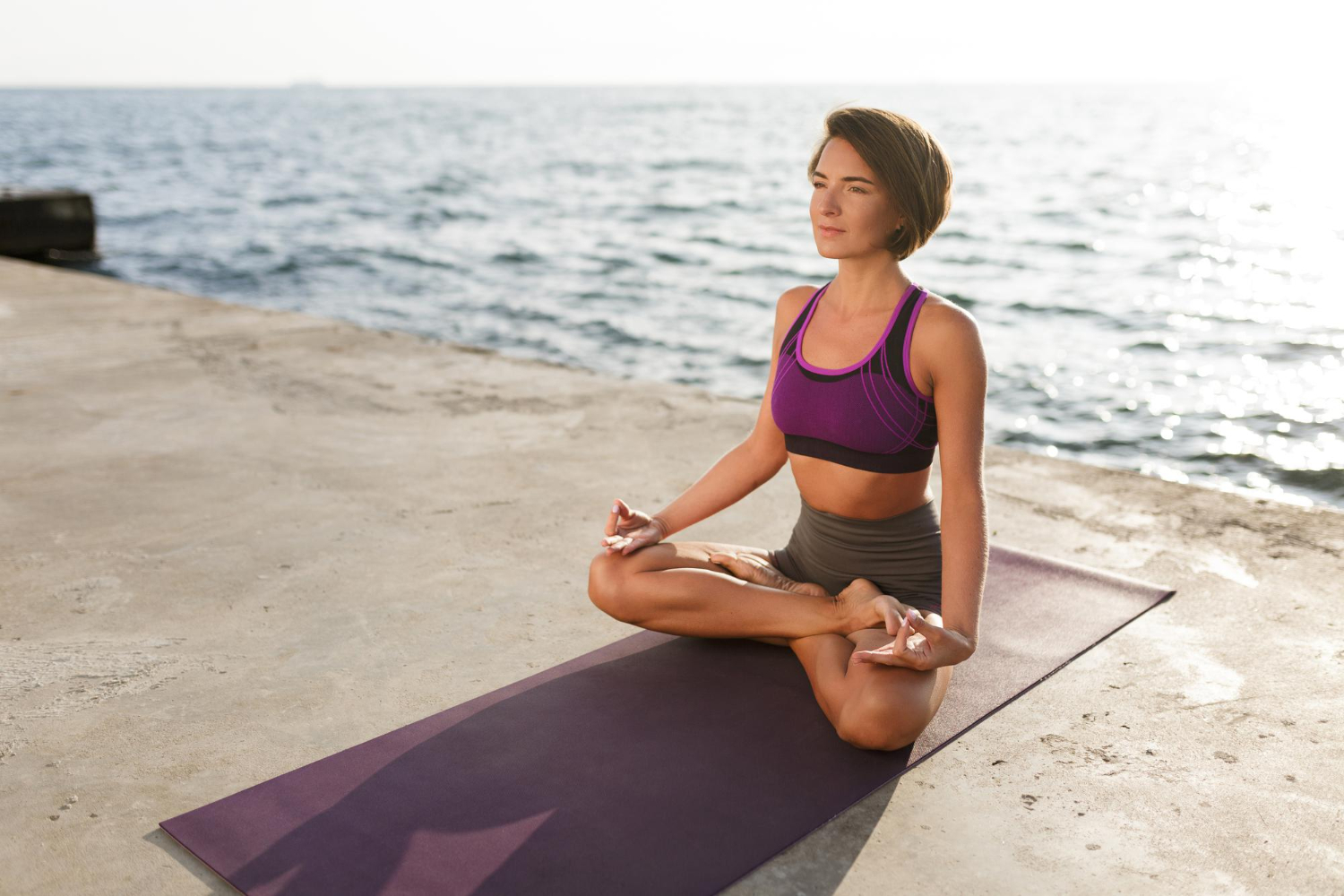
Self-care practices and their potential benefits for mental health
I. Self-care and its importance in restoring psychological state
Self-care refers to the normal tasks we must perform for our own physical, mental, and emotional well-being. It will involve activities like getting adequate sleep, eating nutritious food, and setting boundaries as well as routines like exercise, meditation, and spending time in nature. Self-care is crucial for those recovering from a psychological condition since it will help them avoid burnout, lessen stress, and generally feel better.
This post will offer a basic summary of the numerous self-care techniques.
This article will examine a variety of self-care techniques and their possible advantages for mental health.
Exercise, mindfulness training, and meditation are some of these techniques.
II. Exercise as a variety of self-care
Mental Health Recovery – The physical and mental benefits of normal exercise.
Exercise is an essential self-care activity that will have various benefits for physical and psychological states. Regular physical activity will help reduce the risk of chronic diseases such as cardiovascular disease and polygenic disorders, in addition to improving the health of blood vessels and strengthening bones and muscles. Exercise can even have a positive impact on psychological state by reducing stress, improving mood, and increasing feelings of well-being.
How exercise will reduce stress and improve mood.
Mental Health Recovery – Physical activity will facilitate stress reduction through emotional endorphins, which are chemicals in the brain that act as natural pain relievers and mood lifters. Exercise may even improve mood by serving to control levels of 5-hydroxytryptamine, a chemical that plays a role in mood and happiness. To boot, the sense of accomplishment and satisfaction that will come from setting and achieving fitness goals can help improve mood.
Tips for incorporating exercise into a self-care routine.
To make daily exercise part of your self-care routine, it’s important to find activities that you enjoy and are manageable for your current fitness level. This could mean going for a walk, logging into a fitness category, or just moving more throughout the day. It’s also a decent plan for achieving specific goals, like scheduling exercises a set range of times per week or increasing the intensity or duration of your workouts over time. Mental Health Recovery – Remember to pay attention to your body and take breaks, and consider seeking advice from a medical professional or fitness trainer if you have any issues.
III. Meditation and heedfulness as self-care practices
What meditation and mindfulness are and how they will be practiced
Meditation and mindfulness are self-care practices that involve focusing the mind on the moment and holding back distracting thoughts and emotions. Meditation will take many forms, such as sitting meditation, walking meditation, or mindfulness-based stress reduction (MBSR).
To apply meditation or mindfulness, you will achieve a quiet zone, sit or change posture nicely, and focus on your breath, a mantra, or a mental image. You will also bring alertness to your daily activities, such as taking note of your senses and surroundings when eating or walking.
The benefits of meditation and mindfulness for the psychological state
Meditation and mindfulness have been shown to possess various psychological benefits, as well as reducing stress and anxiety, improving mood, and increasing awareness and self-compassion. These practices may even help boost focus and concentration, and should even have physical health benefits like reduced pressure and increased immune functioning.
Tips for Incorporating Meditation and Mindfulness into a Self-Care Routine
To incorporate meditation and mindfulness into your self-care routine, start by setting aside a small amount of time each day to apply them. It helps to decide on a time and site and establish a daily routine. You will also find it helpful to undertake different types of meditation or mindfulness exercises to see what works best for you. It is important to hold back and sort it out as you learn these practices, and to remember that there is nothing wrong with possessing a wandering mind – the key is to gently air your attention after noticing that your thoughts have drifted.
Several resources are also offered to help you get started, such as radio-controlled meditations, mindfulness apps, and categories or workshops.
IV. Spending time in nature as a variant of self-care
The advantages of nature for mental health
An effective self-care technique with a variety of psychological advantages is spending time in nature. Being in nature will increase emotions of calmness and relaxation while also assisting in stress reduction and mood improvement. Nature has been demonstrated to have favorable benefits on psychological functioning and creative thinking, and it can even serve as a source of association and happiness.
Including nature in self-care practices like hiking, gardening, or simply spending time outside.
There are various methods to incorporate nature into your self-care regimen, including hiking, spending a lot of time in a park or garden, or simply being outside. Additionally, you’ll include natural components in your house or other location, Such as incorporating plants or natural materials into your ornament.
V. different self-care practices to think about

Examples of different self-care practices, like obtaining enough sleep, uptake a healthy diet and actively feeling
In addition to exercise, meditation, and defrayment time in nature, there are several different self-care practices to think about. obtaining enough sleep is crucial for physical and psychological state and might facilitate scaling back stress, improving mood, and boosting immune operation. Aim to induce 7-9 hours of sleep per night, and make an hour routine that promotes relaxation and a way of calm.
Eating a healthy diet that’s wealthy in fruits, vegetables, and different nutrients can even have varied advantages for physical and mental well-being. concentrate on the whole, unprocessed foods and aim for a spread of various foods to confirm you are obtaining a spread of nutrients. it is also a decent plan to remain hydrous by drinking much water throughout the day.
Practicing feeling – that involves specializing in the items we tend to ar grateful for – will facilitate boosting mood and increase feelings of happiness and happiness. you’ll apply feeling by keeping a feeling journal, sharing your feeling with others, or just taking an instant to understand the nice things in your life.
The importance of finding self-care practices that work for you
It’s important to seek out self-care practices that job for you and which you get pleasure from, as this may create an additional property in the long run. this might involve attempting out completely different practices and seeing what feels most helpful, in addition to being willing to regulate your self-care routine as your wants and preferences amend over time.
keep in mind to be kind to yourself and to create self-care a priority in your life, because it is crucial for overall well-being and psychological state recovery.
VI. Conclusion
In this article, we’ve covered the self-care practices mentioned and their implicit benefits for brain health. We’ve also explored self-care practices and the benefits of exercise, focus, and consciousness, as well as time spent in nature, as well as different similar practices such as getting enough sleep and adopting a healthy diet. We tend to punctuate the brain-state benefits of these practices, along with reducing stress, perfecting mood, and adding feel-good passions.
Emphasis on the importance of integrating physical care into your daily routine for your general well-being. It is important that daily care is part of your routine in order to prioritize your physical, internal, and emotional health. By adopting practices that work for you and incorporating them into your routine, you will improve your overall well-being and promote recovery of your brain condition.
Remember that to be kind to yourself, you must also prioritize your physical health as an essential part of your daily routine.











